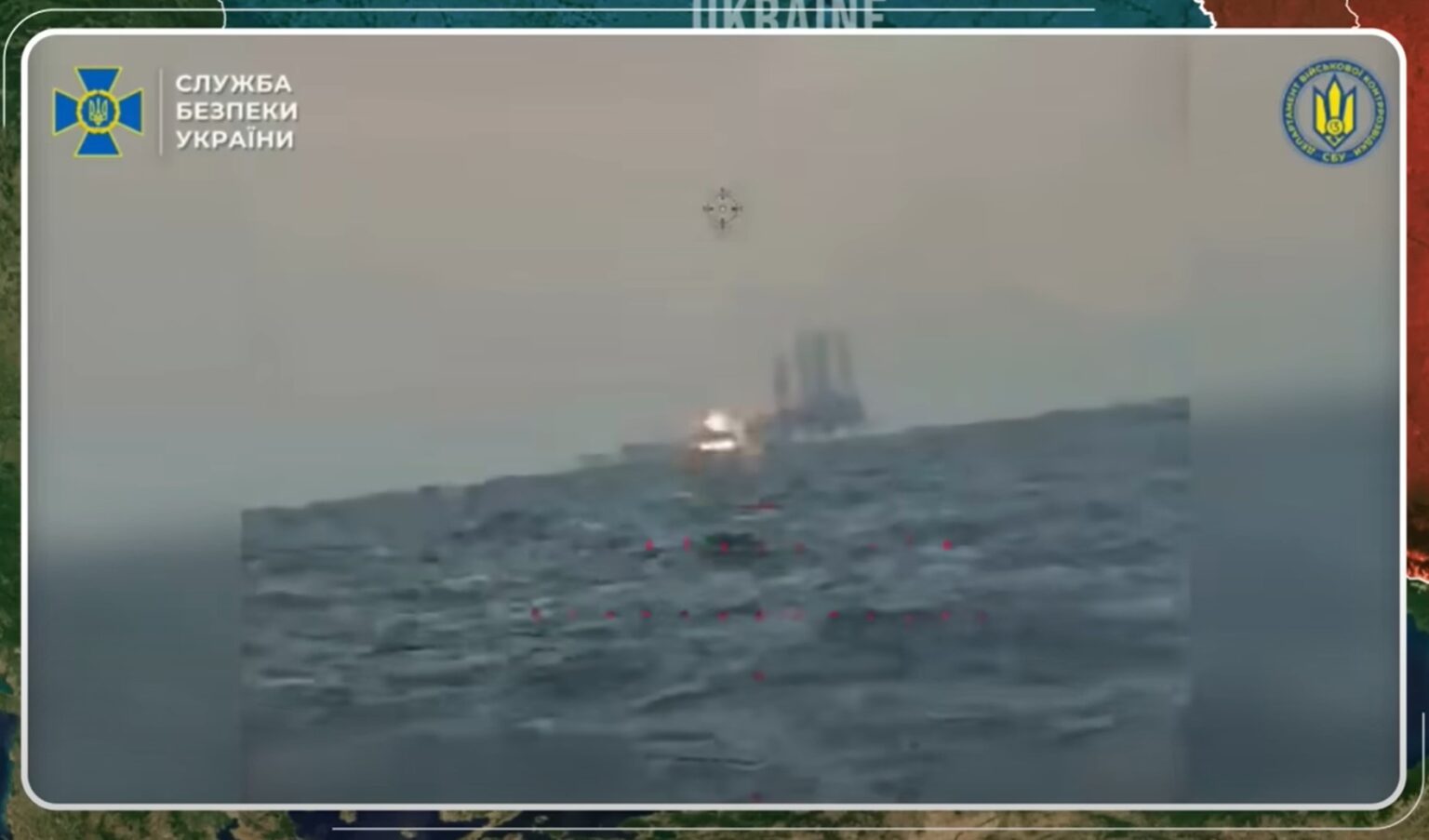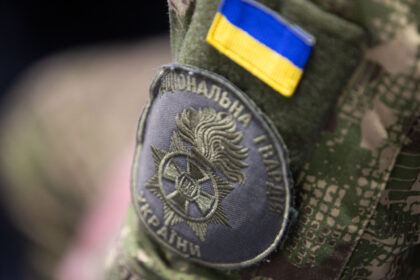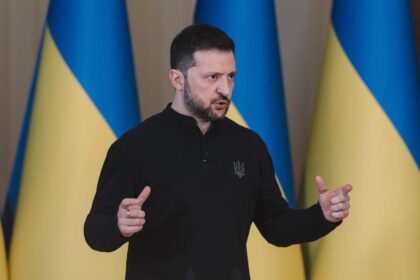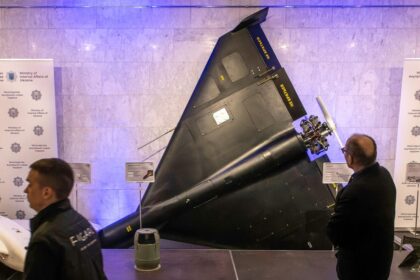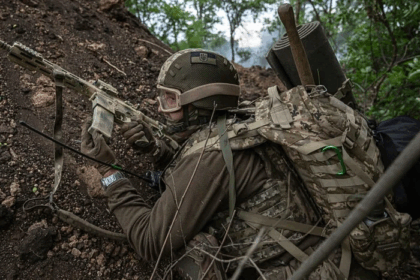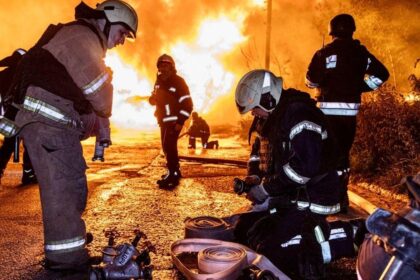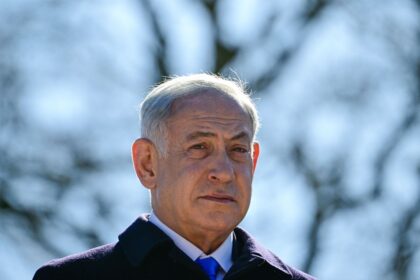**Romania Takes a Stand Against Russian Provocations**
As tensions escalate in the Black Sea region, Romania has taken a firm stance against Russian provocations. The country’s interim president, Ilie Bolojan, has signed into law a bill allowing the Romanian military to shoot down unauthorized drones that violate its national airspace.
This move comes after repeated Russian drone incursions into Romanian territory, with some even crashing inside the country while targeting Ukrainian infrastructure in Odesa Oblast. Although there is no evidence of deliberate attacks on Romania, the danger and Russia’s willingness to risk Romanian casualties remain real.
The new law sets clear conditions under which unmanned aircraft may be neutralized, with any drone entering Romanian airspace without authorization now subject to destruction after identification. This legislation represents Romania’s firm commitment to countering Russian provocations that have increasingly threatened civilian areas near the border.
**Romania Joins NATO Allies in Countering Russian Threats**
Romania is not alone in its efforts to counter Russian threats. The country is coordinating with NATO allies and using Ukraine’s naval strike capabilities to nullify Russian threats. The United States has also resumed high-altitude surveillance flights over the Black Sea, using powerful RQ-4B Global Hawk drones equipped with advanced sensors capable of detecting ground and naval targets with precision.
These strategic intelligence-gathering flights can last over 30 hours and provide real-time updates to both Romania and Ukraine. This renewed support from the US is a significant development, as it directly contributes to real-world battlefield outcomes. Recently, Ukraine’s Security Service launched a successful naval drone strike against a Russian radar installation on an abandoned oil rig in the Black Sea, likely aided by US reconnaissance data.
**Romania Strengthens NATO’s Eastern Flank**
Romania’s position is uniquely sensitive, bordering Ukraine and sharing the Black Sea with Russia. The country hosts vital NATO infrastructure, including ports and airfields that are increasingly being used for alliance logistics and surveillance. Russian provocations in this region risk both confrontation and accidental escalation.
By taking firm control of its airspace and welcoming enhanced allied reconnaissance, Romania is becoming a central pillar of Black Sea security. This move has inspired similar legislation in other NATO countries bordering Russia or Belarus.
**A New Phase of Firmness and Preparedness**
Romania’s actions mark a new phase of firmness and preparedness on the alliance’s southeastern flank to enforce NATO interests more powerfully. As Russia continues to provoke NATO’s eastern flank through airspace violations, electronic warfare, sabotage, and hybrid border destabilization, more member states are taking serious action.
With NATO surveillance efforts back in full swing and Ukraine intensifying its naval capabilities, Romania is not just protecting itself but contributing to a regional security framework designed to deter Russian aggression. This domino effect across Eastern Europe triggered by Russia’s continued provocations has led to a strengthening of defenses on the alliance’s eastern flank.
**Commentary**
Romania’s decision to shoot down unauthorized drones that violate its national airspace marks a significant shift in the country’s stance against Russian provocations. This move, coordinated with NATO allies and Ukraine’s naval strike capabilities, sends a strong message that the Black Sea region will no longer be intimidated by Russia’s aggressive actions.
As tensions continue to escalate in the region, it is clear that Romania is taking a leadership role in strengthening NATO’s eastern flank. The country’s firm stance against Russian threats may also inspire similar legislation in other NATO countries bordering Russia or Belarus.
The resumption of high-altitude surveillance flights over the Black Sea by the United States and Ukraine’s successful naval drone strike against a Russian radar installation demonstrate that NATO is united in its commitment to countering Russian aggression. This collective effort will likely lead to a strengthening of defenses on the alliance’s eastern flank, making it more difficult for Russia to carry out its provocative actions.
**A New Era of Regional Security**
The developments in the Black Sea region mark a new era of regional security. Romania’s leadership and NATO’s united response have sent a strong message that the alliance will no longer tolerate Russian provocations.
As tensions continue to rise, it is clear that the Black Sea region will become an increasingly important battleground for influence between Russia and the West. However, with Romania taking a firm stance against Russian threats and NATO allies united in their commitment to countering aggression, it seems that the momentum has shifted in favor of regional security and stability.
**Conclusion**
Romania’s decision to shoot down unauthorized drones that violate its national airspace marks a significant shift in the country’s stance against Russian provocations. This move, coordinated with NATO allies and Ukraine’s naval strike capabilities, sends a strong message that the Black Sea region will no longer be intimidated by Russia’s aggressive actions.
As tensions continue to escalate in the region, it is clear that Romania is taking a leadership role in strengthening NATO’s eastern flank. The country’s firm stance against Russian threats may also inspire similar legislation in other NATO countries bordering Russia or Belarus.
The resumption of high-altitude surveillance flights over the Black Sea by the United States and Ukraine’s successful naval drone strike against a Russian radar installation demonstrate that NATO is united in its commitment to countering Russian aggression. This collective effort will likely lead to a strengthening of defenses on the alliance’s eastern flank, making it more difficult for Russia to carry out its provocative actions.
In conclusion, Romania’s leadership and NATO’s united response have sent a strong message that the Black Sea region will no longer be intimidated by Russia’s aggressive actions. As tensions continue to rise, it is clear that the Black Sea region will become an increasingly important battleground for influence between Russia and the West.
However, with Romania taking a firm stance against Russian threats and NATO allies united in their commitment to countering aggression, it seems that the momentum has shifted in favor of regional security and stability.




